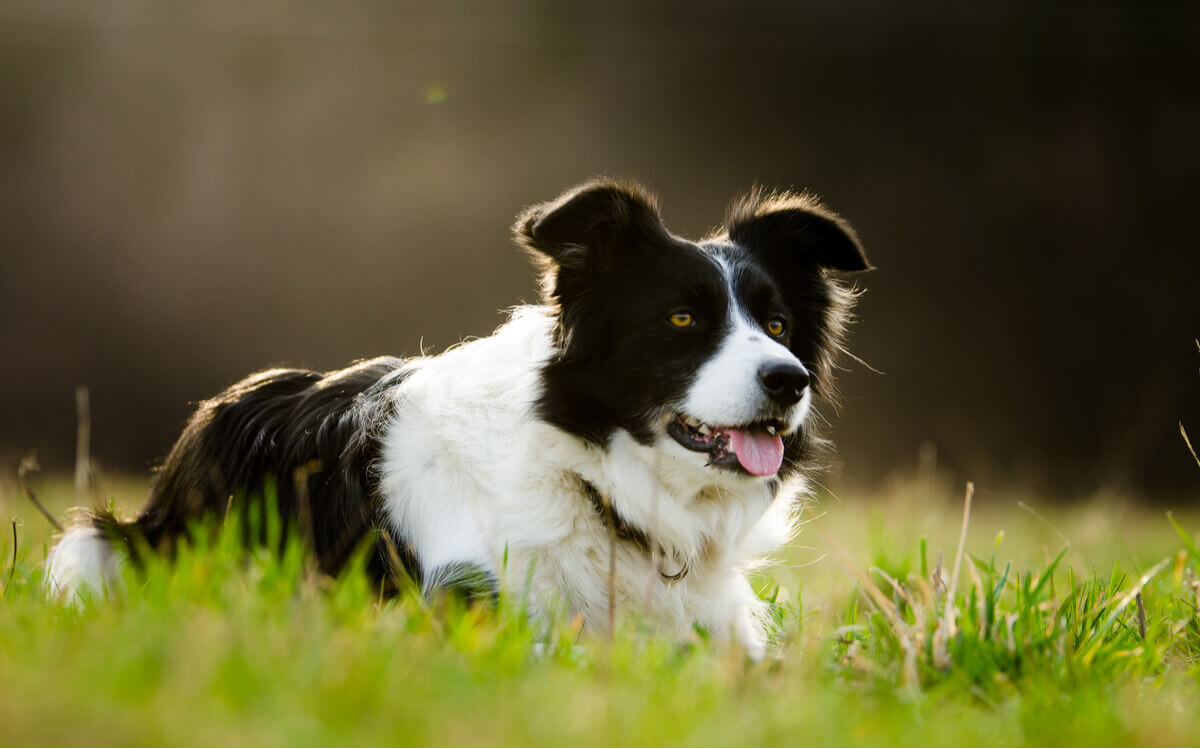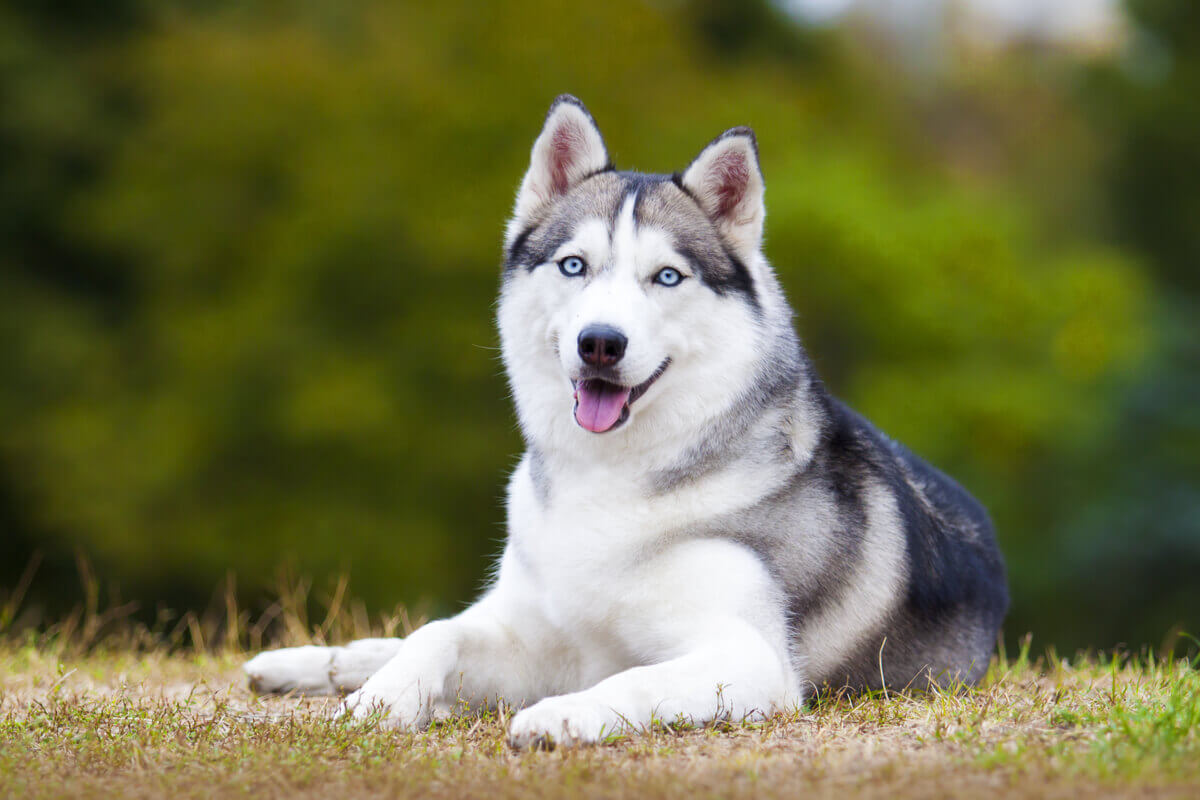What's the Most Anxious Dog Breed?


Written and verified by the biologist Ana Díaz Maqueda
It’s very common to relate nervousness in dogs to smaller breeds, but that isn’t actually the case. The most anxious dog breed has nothing to do with a Chihuahua or any other similar variety. It’s a myth that small breed dogs are more anxious than larger ones.
However, in addition to the typical characteristics of a breed, training and experiences in a dog’s life can make it behave in one way or another. In the following paragraphs, you’ll be able to discover which breed is truly the most anxious.
Why do different dog breeds have different characters?
The anthropic selection of the different dog breeds in the last 200 or 300 years has clearly defined the temperament of different dog breeds. It has to do with the effort to preserve certain characteristics, both physical and behavioral.
For example, rarely do we see small or miniature dog breeds as work or rescue dogs. Their bodies and their nature haven’t been designed for such purposes.
Originally, humans employed small-breed dogs as good vermin hunters or even alert dogs, as is the case of the Lhasa Apso. This breed was selected to survive the cold and to bark at the arrival of strangers, not to receive prizes for its good work, or for its need to exercise its mind daily.
According to some recent studies, many of the behavior patterns inherent to certain breeds are part of their genetic code. Although there’s still a lot of research to do, the character of a dog or its predisposition to respond in a specific way to a stimulus is written in its DNA.

The Border Collie: The most anxious dog breed
According to the American Kennel Club, a prestigious American association that keeps track of pedigrees, the most anxious dog breed is the Border Collie. This animal has an athletic demeanor and an extreme demand for daily exercise, both physical and mental.
For this animal to remain psychologically healthy, it needs a job to do–a daily purpose. A walk through the neighborhood or weekly outings to the country won’t be enough for a specimen of this breed. Border Collies are dogs that excel in grazing competitions, obedience, agility, tracking, rallying, and even sports like frisbee.
If an inactive owner, who prefers to spend his afternoons at home, or travels a lot, decides to acquire a border collie, they’ll be making a serious mistake. Neither the human nor the dog will be completely happy.
Other breeds of anxious dogs
When we consider a dog breed to be anxious, it’s because of its need for physical and mental exercise. In many cases, owners fail to meet this need and then certain behavioral problems appear, such as self-injury, anxiety, or stress.
Far from what you may think, the Labrador Retriever is the second most anxious dog breed. In fact, when these animals don’t get enough exercise, they tend to develop destructive behavior. At the same time, it’s important to keep in mind that exercise shouldn’t only be physical, but also mental. In this sense, Labrador Retrievers are the best assistance dogs for people with various disabilities.
The Siberian Husky is another of the most anxious breeds. However, despite the fact that it’s a stereotypical drafting dog, it needs less exercise than Border Collies and Labs.

All cited sources were thoroughly reviewed by our team to ensure their quality, reliability, currency, and validity. The bibliography of this article was considered reliable and of academic or scientific accuracy.
- American Kennel Club. (2020). Dog Breeds. AKC. Disponible en: https://www.akc.org/dog-breeds/
- Asher, L., Diesel, G., Summers, J. F., McGreevy, P. D., & Collins, L. M. (2009). Inherited defects in pedigree dogs. Part 1: Disorders related to breed standards. The Veterinary Journal, 182(3), 402-411.
- MacLean, E. L., Snyder-Mackler, N., VonHoldt, B. M., & Serpell, J. A. (2019). Highly heritable and functionally relevant breed differences in dog behaviour. Proceedings of the Royal Society B, 286(1912), 20190716.
- Serpell, J. A., & Duffy, D. L. (2014). Dog breeds and their behavior. In Domestic dog cognition and behavior (pp. 31-57). Springer, Berlin, Heidelberg.
This text is provided for informational purposes only and does not replace consultation with a professional. If in doubt, consult your specialist.